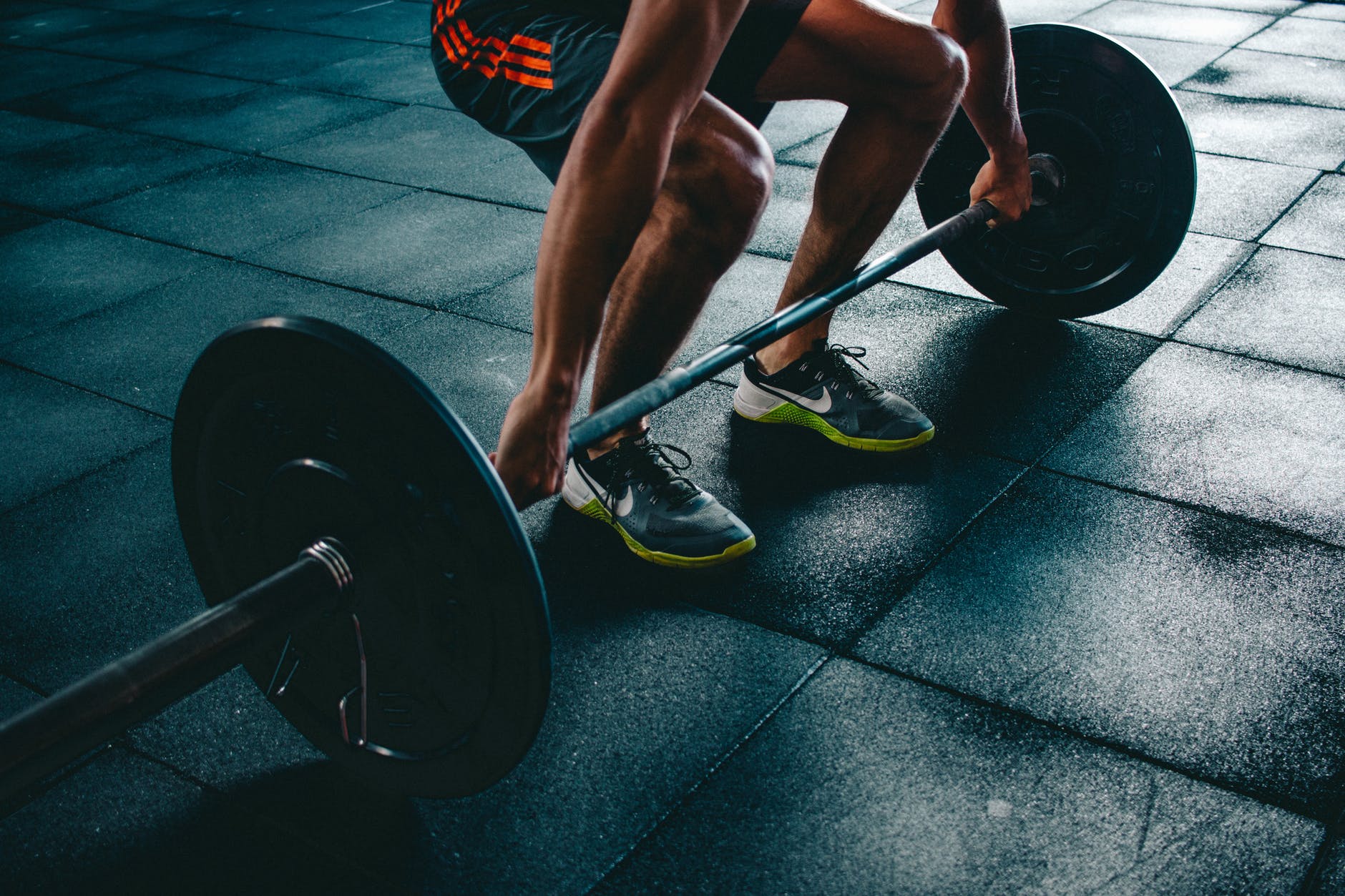Doping diminishes sport: UK teenagers support fair play, finds new survey from UK Anti-Doping
- Around 85% of teenagers surveyed felt athletes caught taking Image and Performance Enhancing Drugs should face a ban from sport
- Almost 3 in 5 (58%) of teenagers, aged 14-19, surveyed said it would be 'disappointing' or 'really concerning to hear about doping in elite sport
- Just over three quarters of adults said they do not believe that athletes should be allowed to take performance-enhancing drugs to improve their abilities in sport1
*survey size/ details in footnotes
Today UK Anti-Doping (UKAD) kicks off Clean Sport Week, its annual awareness raising initiative, by sharing the findings of a new public survey commissioned to explore attitudes to doping, conducted with thousands of parents and teenagers across the UK. The focus of this year’s Clean Sport Week is ‘The Next Generation’, to champion fair play and clean rising sports stars.
The survey findings show clean sport and values of fair play still matter to the general public and demonstrate that teenagers are clear about what is right and wrong in sport. Almost 3 in 5 (58%) of those surveyed said it would be ‘disappointing’ or ‘really concerning’ to hear about doping in elite sport.
Around 85% of teenagers surveyed felt athletes caught taking Image and Performance Enhancing Drugs (IPEDs) should face a ban from sport. The results showed that 31% said it should be a ban for life, 20% a ban of over four years, 15% said three to four years, 12% chose one to two years, and 7% selected under one year. 2
The teenagers surveyed also expressed a strong willingness to stand up against those who encourage drug use to enhance performance. Two-thirds said they would refuse to take IPEDs even if instructed to by a coach and that they would report such behaviour.
Parents surveyed also showed strong support for clean sport. More than 4 in 5 (85%) said they would not allow their child to take IPEDs, and 70% said they would report such behaviour. Many parents also expressed concern about their children participating in elite sport if doping was widespread, a concern that has grown since the last UKAD survey. This year, 22% of parents said that the possibility of doping 'makes me think twice about allowing my children to participate in elite sport,' compared to 19% in 2021.
To help support children and young people in learning about clean sport, UKAD has developed resources as part of Get Set – a values-based education programme available for teachers to download and use for free, along with other content. UKAD also works closely with organisations like SportsAid, a nationwide charity dedicated to helping aspiring athletes reach their full potential. Additional resources are available across UKAD’s website and in its free e-learning courses.
Jane Rumble, UKAD’s Chief Executive, commented:
“I am delighted to see UKAD launching its annual Clean Sport Week, with a vital next generation focus. It has been extremely positive to see athletes, support personnel, partners in education, Sports Councils, National Governing Bodies, and others backing this year’s initiative already.
“To ensure a bright and clean sporting future in the UK, it’s key that we inform and educate the next generation of athletes on all anti-doping matters. Our survey findings show that adults and young people do care and are passionate about clean sport, giving us great confidence.
“We want to use this week to celebrate clean sport, advocate for fair play and highlight the huge risks and implications that doping in sport can have. We do already see many of the athletes, coaches and other support personnel that we work with sharing these messages regularly, which is fantastic. Together, with the sporting community, we can protect clean sport and create a happy and healthy next generation of sporting stars.”
Clean Sport Week takes place during a week that will see the Enhanced Games announce more about its proposed sporting event, which will encourage athletes to compete using IPEDs. UKAD has long said it condemns this reckless and dangerous concept.
The UKAD survey also asked about attitudes towards a potential Enhanced Games. The results showed that around 2 in 3 parents (66%) said they would not watch, nor would they let their children watch it. In addition, more than half (56%) of the teenagers surveyed said they would not watch it, recognising it for what it is, cheating and dangerous.
Just over three quarters (76%) of adults also said they do not believe that athletes should be allowed to take performance-enhancing drugs to improve their abilities in sport.
Shona Campbell, 23, GB Rugby Sevens player and UKAD Athlete Commission member, added:
“As athletes we are very concerned about the prospect of an Enhanced Games as it flies in the face of all the hard work we put in to play fair. Given the significant health risks of taking IPEDs, it is reassuring that the teenagers and adults participating in this survey are not motivated by taking short cuts to boost performance. They want sport to be about achievement not pharmacology. However, it is urgent and critical that we support the next generation in their sporting endeavours to keep them safe, healthy and competing on a level playing field.”
UKAD will be further exploring the broader survey findings throughout Clean Sport Week, including during a panel event being hosted at Manchester Metropolitan University today (19 May) with athletes and people working in sport.
To keep up to date on all the news and findings from Clean Sport Week, follow @ukantidoping on social media.
Notes
*This research was conducted by Censuswide, among a sample of 2,002 parents of children aged 14-19 and 1,683 children aged 14-19 across the UK. The data was collected between 01.04.2025 - 09.04.2025.
In addition to the potential for lengthy bans faced by athletes who use banned substances such as IPEDs, UKAD has consistently raised concerns about the serious health risks associated with their use. In 2019, UKAD collaborated with partners including Liverpool John Moores University, the University of Birmingham, and the Department for Culture, Media and Sport to publish a comprehensive report on the issue. Further highlighting these risks, a new research study published this week in the journal of Performance Enhancement & Health underscores the significant harms linked to IPED use.
1 ‘Strongly disagree’ and ‘somewhat disagree’ responses combined.
2 ‘Life’, ‘Long term (over 4 years)’, ‘Medium-long term (3-4 years)’, ‘Mid-term (1-2 years)’ and ‘Short term (under a year)’ responses combined.



